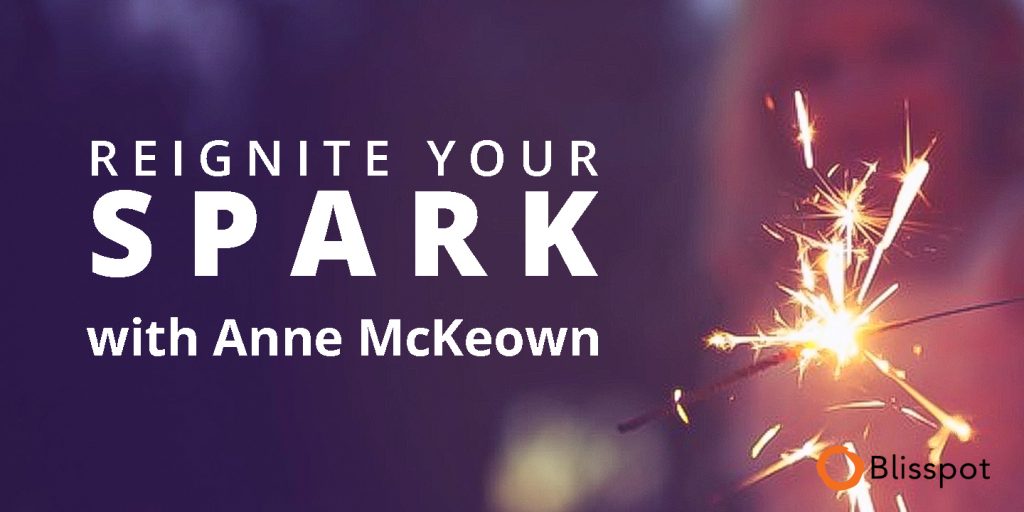Do you like listening to music? Do you have a favourite genre? Do you sing along while driving? Are you motivated to dance when you hear it? Are you soothed by it? Every person will answer these questions differently because we all have our own taste and preference when it comes to music. Some people don’t listen to music at all; they find it a distraction and sometimes even irritating.
I’m always looking for ways to help clients shift their mindset and music is one that I recommend often. Music can take our mind to a peaceful place, or an uplifting place. It can motivate us to run faster or relax into a yoga posture. We’ve always been aware that music can have a positive impact on people and now with the advances in neuroscience, researchers are able to measure these responses and changes more accurately. Many findings have shown that listening to music increases the neurotransmitter dopamine, the brain’s motivation molecule. Music can change our state and music can have a huge impact on our emotions. Did you know that there are two kinds of emotions? Perceived emotions and felt emotions. We can perceive the emotion behind a piece of music without actually feeling it. Which explains why some people enjoy listening to sad music and don’t describe it as depressing.
In addition, various studies have shown that creating music, and learning a musical instrument can significantly improve our motor and reasoning skills. Children who have learned a musical instrument for three years or more performed better in auditory and memory ability tests than those who had no musical tuition. They also tested better on vocabulary and nonverbal reasoning. It is never too early to start enjoying music and its benefits. In fact, pregnant women are often encouraged to let their baby listen to Mozart while in the womb. It is also never too late. Seniors who play a musical instrument, sing or dance to music reap physical, psychological and social benefits. It is known that music protects against memory problems and cognitive decline, more than other leisure activities. There was a recent YouTube video circulating of a son driving his father around in the car. The father suffering from Alzheimer’s has lost most of his memory and is uncommunicative. Yet when singing along to old tunes he remembers every word and you can see his eyes light up. Music therapists are having tremendous breakthroughs with elderly patients.
Music brings people together, choirs, sing-a-longs, bands, orchestras, quartets, operas, musicals, these all unite audiences of like-minded people. Music can be used to build community. Music can be used to promote a great cause. Music can be introduced to uplift the family mood at home, relax a teenager or baby. Don’t forget to dance and enjoy music during your day, no matter where you are.








